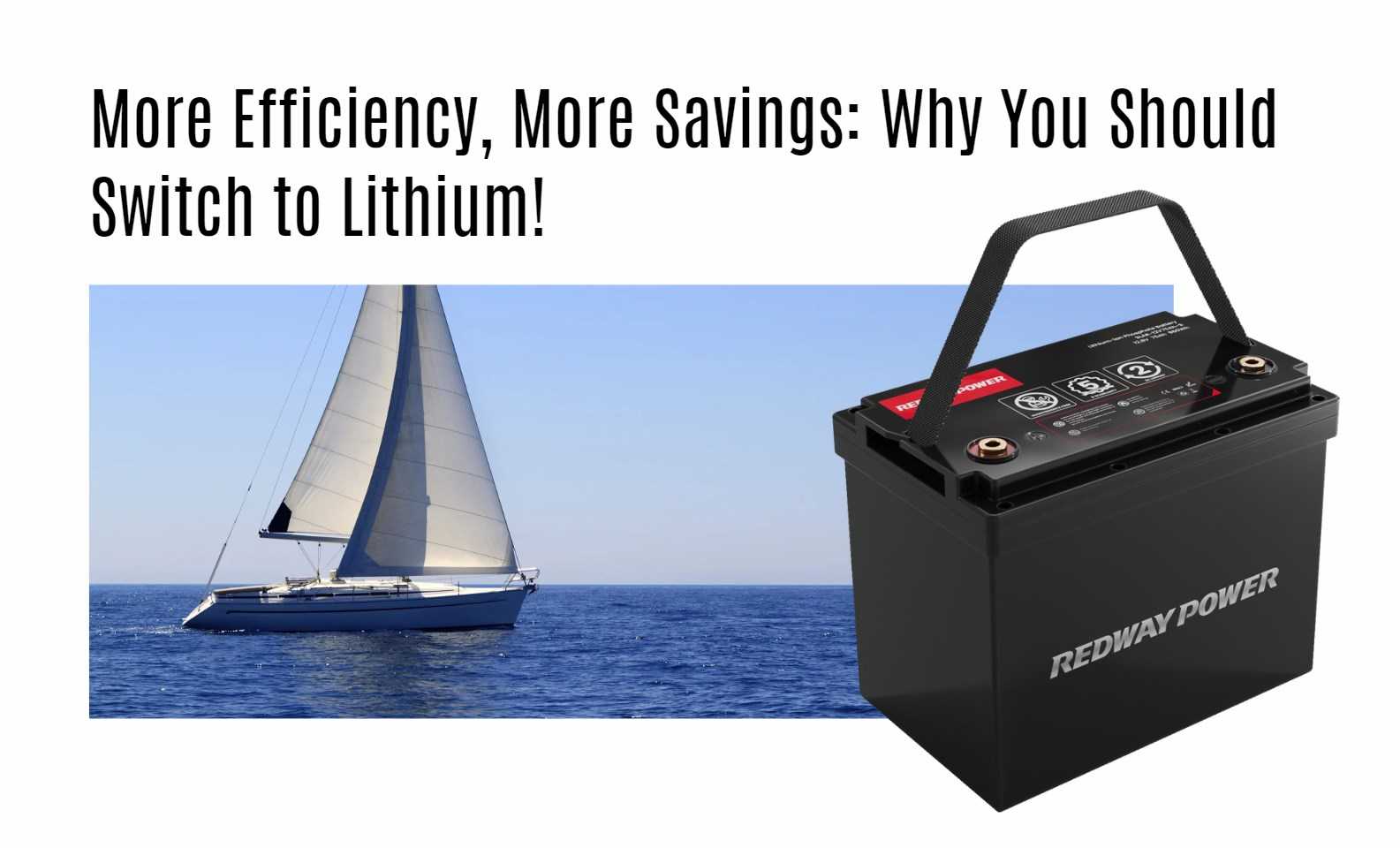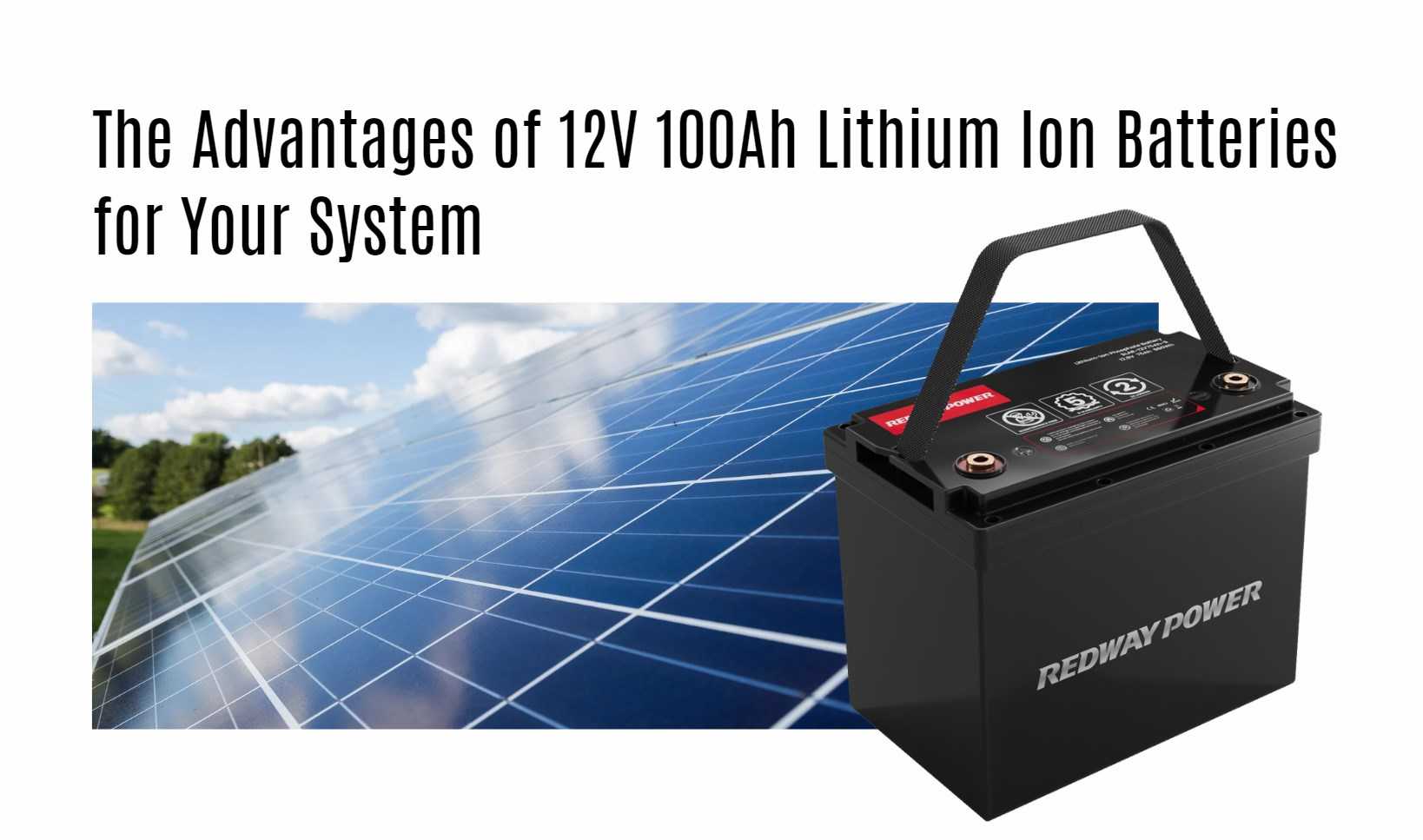Are you looking for a reliable and efficient way to power up your system? Look no further than lithium ion batteries! These batteries are the perfect choice for a range of applications, from powering electric vehicles to running off-grid homes. In this article, we’ll explore the advantages of 12v 100ah lithium ion batteries for your system and why you should consider making the switch.
12v 100ah: The Best Choice for Your Energy Needs
One of the biggest advantages of 12v 100ah lithium ion batteries is their high energy density. This means they can store more energy in a smaller space, making them perfect for applications where space is limited. With a 100ah capacity, these batteries can power a wide range of systems for extended periods of time, giving you peace of mind knowing that you’ll always have reliable power when you need it.
Enjoy the Benefits of Longer Battery Life and Lighter Weight
Compared to traditional lead-acid batteries, lithium ion batteries offer a range of benefits, including longer battery life and lighter weight. Lithium ion batteries can last up to 10 times longer than lead-acid batteries, meaning you won’t have to replace them as often. They’re also much lighter, making them easier to transport and install. Plus, lithium ion batteries can be discharged more deeply without damaging the battery, giving you more usable energy for your system.
More Efficiency, More Savings: Why You Should Switch to Lithium!
Switching to 12v 100ah lithium ion batteries can lead to significant savings in the long run. Not only do they last longer and weigh less, but they’re also more efficient than lead-acid batteries. Lithium ion batteries have a charge efficiency of up to 98%, compared to just 80% for lead-acid batteries. This means you’ll need less energy to charge your batteries, saving you money on your energy bills. Plus, lithium ion batteries have a lower self-discharge rate than lead-acid batteries, meaning they’ll hold onto their charge for longer periods of time.
In conclusion, 12v 100ah lithium ion batteries are the ideal choice for powering up your system. With their high energy density, longer battery life, lighter weight, and superior efficiency, there’s no reason not to make the switch. So why wait? Invest in lithium ion batteries today and enjoy reliable, efficient power for years to come!

FAQs
How long will a 12V 100Ah lithium battery last?
-
Calculating Battery Capacity: Determine the battery capacity in watts by multiplying the amp-hour rating by the battery’s voltage. This calculation helps understand the total energy the battery can store.
-
Considering Depth of Discharge: The depth of discharge refers to the amount of energy taken from the battery compared to its total capacity. Different battery types have different depth of discharge limits, and exceeding these limits can impact the battery’s performance and lifespan.
-
Accounting for Discharge Efficiency: Batteries and inverters are not 100% efficient when discharging. The discharge efficiency rate takes into account factors like load heaviness, battery chemistry, temperature, and self-discharge rate. Understanding the efficiency rate helps in estimating the actual runtime of the battery.
What can I run with a 100Ah lithium battery?
-
LED Lights and Charging Devices: A 12V 100Ah lithium battery can power LED lights, providing illumination for indoor or outdoor spaces. It can also charge mobile phones, tablets, and other small electronic devices, ensuring connectivity and convenience.
-
Small-Sized Accessories and Inverter Usage: With an inverter, a 100Ah lithium battery can run small-sized accessories such as laptops, cameras, and small appliances. This enables the usage of essential devices even in off-grid or remote locations.
-
Fan and Water Pump Operation: A 100Ah lithium battery can power a fan, providing cooling comfort in areas without electricity. Additionally, it can run a standard 240-watt water pump for a certain duration, catering to water circulation needs.
Is it better to have 2 100Ah lithium batteries or 1 200Ah lithium battery?
-
Increased Reliability and Backup Power: Having two 100Ah batteries provides redundancy. If one battery fails, you still have the other battery as a backup power source. This ensures that you won’t be left without power until you can replace the single 200Ah battery. The backup power capability adds an extra layer of reliability to your power system.
-
Flexibility in Power Distribution: With two separate batteries, you have the flexibility to distribute power as needed. This allows you to meet varying power demands and optimize the usage of your batteries. You can allocate power based on specific requirements or prioritize certain devices or appliances.
Will a 100Ah lithium battery run a 2000W inverter?
-
Battery and Inverter Relationship: While a 100Ah battery can technically power a 2000W inverter, it’s important to consider practical factors that affect the actual performance. These factors include the battery’s voltage, the inverter’s efficiency, and the nature of the load connected to the inverter.
-
Battery Capacity and Voltage: A 100Ah battery provides 12 volts, which translates to 1200 watt-hours (Wh) of energy. This theoretical capacity sets the foundation for estimating the battery’s runtime.
-
Practical Considerations: In real-world applications, several factors reduce the runtime of a 100Ah battery powering a 2000W inverter. The inverter’s efficiency, typically ranging from 85% to 95%, plays a significant role. The nature of the load connected to the inverter also impacts the battery’s discharge rate. It’s important to consider the battery’s depth of discharge (DoD) and avoid deeply discharging the battery regularly to maintain its lifespan.




